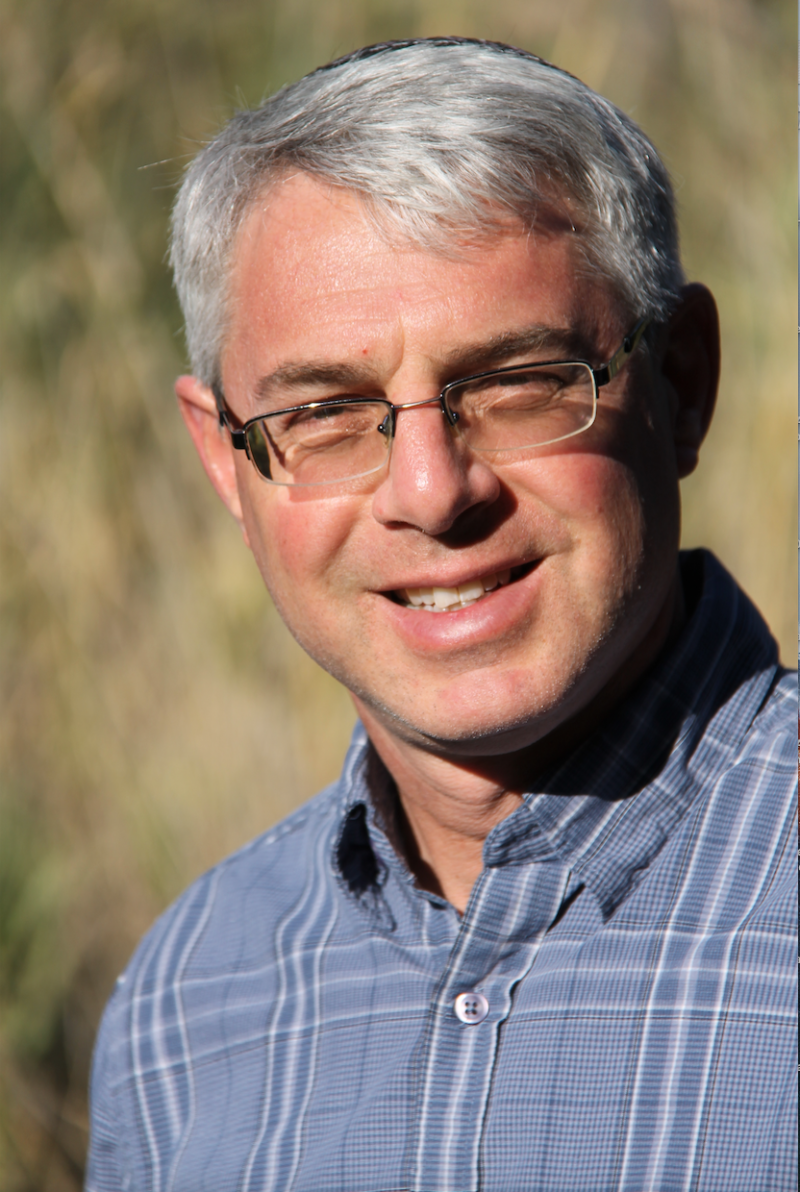-
Friday, January 2, 2026 / 13 Kislev 5786

One of the most beautiful of all the Jewish traditions is the blessing of the children on Friday nights. The tradition comes from this week’s Torah portion, Vayechi, when Jacob blesses his own children and grandchildren. Though I have written about this in past years, this year it feels especially important and relevant. The Torah…
-
Friday, December 26, 2025 / 6 Kislev 5786

The calendar new year and ‘New Year’s Eve’ are approaching next week. Due to this, the idea of opening a champaign bottle comes oddly to mind in describing the crucial event in this week’s Torah portion, Vayigash. Quite a lot of effort is involved in opening a bottle of champaign: The foil must be removed,…
-
Friday, December 19, 2025 / 29 Kislev 5786

Several times each day we all both receive and give pro forma greetings and wishes: “Good morning!” or after a sneeze “God bless you!” and the like. As kind and warm as these polite interactions are, I think it is rare that we take their meaning seriously. Wouldn’t it be wonderful, though, if our positive…
-
Friday, November 14, 2025 / 23 Cheshvan 5786

This week’s Torah portion is entitled Chayei Sarah – “The Life of Sarah.” We are told, however, about her death rather than about her life. In addition, the parasha recounts the last years of Sarah’s husband, Abraham, before the portion concludes with the story of his passing. So where exactly is all the “life” in…
-
Friday, November 7, 2025 / 16 Cheshvan 5786

I hesitate to share this profound insight that the Torah teaches. It’s about Truth. I think we are all sensing just how urgent (though absent), essential (though elusive), and precious (though mistreated), Truth is in our world today. Rabban Shimon ben Gamliel teaches in Pirke Avot [Avot 1:18] that ‘the world stands on three things:…
-
Friday, October 24, 2025 / 2 Cheshvan 5786

Not to be a ‘downer’ but… Our awareness of climate change and concern about all the world’s ongoing wars and nuclear arms, the possibility of AI going rogue, and just all the human hatred and violence of our world today make this week’s parasha, Noach, too profoundly relevant for comfort. And so, after the Flood…
-
Friday, September 5, 2025 / 12 Elul 5785

These last few weeks before the New Year are an opportunity: An opportunity to reconnect with the most essential and best parts of our self, to reconnect with love for God and the world, our community, our friends, and our family. But how? A Midrash [Midrash Rabba 17:7 – a collection of sermons and comments…
-
Friday, August 20, 2025 / 6 Elul 5785

During our time living in Hong Kong, we were continually amused by the signs posted ubiquitously in public spaces: “No Spitting.” We also appreciated what my memory recalls as quite proper language on signs for a less unexpected issue of civic responsibility: warnings of ‘heavy fines’ should your dog ‘foul the public way’. [Vigilantism is…
-
Friday, July 18, 2025 / 22 Tamuz 5785

Over the last couple of weeks since my father died, I’ve heard people say/write several times that ‘nothing prepares you’ for the loss of a parent (or really for the passing of anyone with whom your life is deeply entwined). I’m finding that to be true. At the same time, I’m also finding that family,…
-
Friday, July 4, 2025 / 8 Tamuz 5785

You may recall that it had been a goal of mine this year to find and share a contemporary song which is relevant for each week’s Torah portion. I hoped that the songs would serve as a kind of commentary to each parashah. None of us achieve all our goals in life, do we? Moses…
